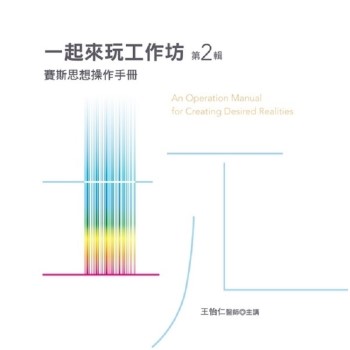Marriage is a controversial issue. It is widely discussed in policy terms, but in the UK, Australia and the US there is a clash of values between governments and diverse groups which strongly oppose or support marriage. In the meantime, fewer couples are marrying, while cohabitation and divorce rates are high. This book explores this disconnect by examining policy issues such as class divides, welfare dependency, religion, same-sex marriage, gender relations and romance.
A top down approach explores different government policy responses to marriage. In all three countries, there are differences and similarities in how governments react to the changes in family formations, but values or ‘conceptions of the desirable’ play an important role. Enhancing stability and commitment are important for policymakers who aim to keep ‘the family’ intact and thereby lower the burden on the public purse. Are governments misguided or simply wasting their time in attempting to strengthen marriage? Despite their values, they have failed to hit the target and it may be too late to revive marriage as they desire. Rich evidence is drawn from interviews with key stakeholders as well as politicians’ speeches, government departmental reports, stakeholders’ documents and responses to government policies, and media articles.











